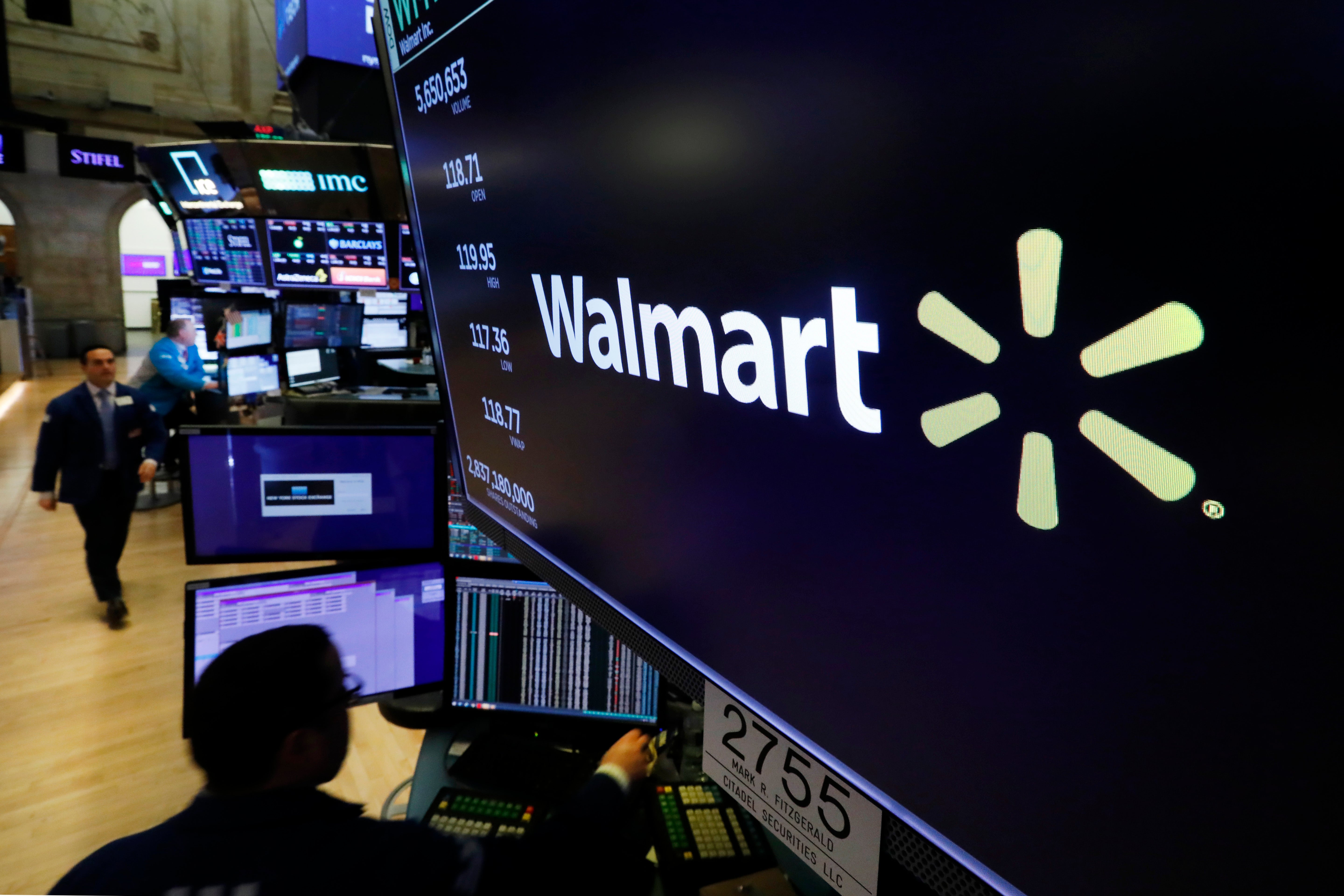Walmart latest pharmacy chain to propose opioid settlement
State attorneys general say Walmart has agreed to pay $3.1 billion to settle lawsuits nationwide over the impact of the prescriptions its pharmacies filled for powerful prescription opioid painkillers

Your support helps us to tell the story
From reproductive rights to climate change to Big Tech, The Independent is on the ground when the story is developing. Whether it's investigating the financials of Elon Musk's pro-Trump PAC or producing our latest documentary, 'The A Word', which shines a light on the American women fighting for reproductive rights, we know how important it is to parse out the facts from the messaging.
At such a critical moment in US history, we need reporters on the ground. Your donation allows us to keep sending journalists to speak to both sides of the story.
The Independent is trusted by Americans across the entire political spectrum. And unlike many other quality news outlets, we choose not to lock Americans out of our reporting and analysis with paywalls. We believe quality journalism should be available to everyone, paid for by those who can afford it.
Your support makes all the difference.Retail giant Walmart on Tuesday become the latest major player in the drug industry to announce a plan to settle lawsuits filed by state and local governments over the toll of powerful prescription opioids sold at its pharmacies with state and local governments across the U.S.
The $3.1 billion proposal follows similar announcements Nov. 2 from the two largest U.S. pharmacy chains, CVS Health and Walgreen Co., which each said they would pay about $5 billion.
The deals are the product of negotiations with a group of state attorneys general, but they are not final. The CVS and Walgreens deals would have to be accepted first by a critical mass of state and local governments before they are completed. Walmart's plan would have to be approved by 43 states. The formal process has not yet begun.
The national pharmacies join some of the biggest drugmakers and drug distributors in settling complex lawsuits over their alleged roles in an opioid overdose epidemic that has been linked to more than 500,000 deaths in the U.S. over the past two decades.
The tally of proposed and finalized settlements in recent years is more than $50 billion, with most of that to be used by governments to combat the crisis.
In the 2000s, most fatal opioid overdoses involved prescription drugs such as OxyContin and generic oxycodone. After governments, doctors and companies took steps to make them harder to obtain, people addicted to the drugs increasingly turned to heroin, which proved more deadly.
In recent years, opioid deaths have soared to record levels around 80,000 a year. Most of those deaths involve illicitly produced version of the powerful lab-made drug fentanyl, which is appearing throughout the U.S. supply of illegal drugs.